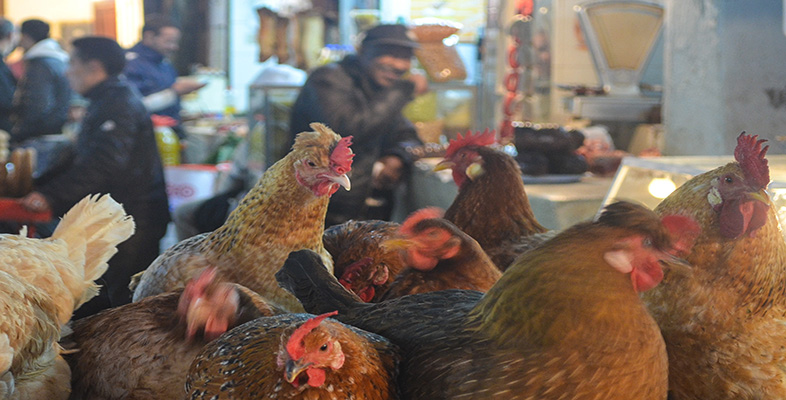4.1 Questioning institutions and institutional development
Whilst encouraging you to develop your own sets of questions, I would also encourage you to make use of a set of questions that have – for quite obvious reasons – been labelled the ‘five Ws and H’ and that are used as a formal technique for exploring social processes, including the way those processes are thought about. The five Ws and H are: What? Who? Where? When? Why? and How?
Like any technique, the five Ws and H is neither perfect nor all-sufficient. You may find your own set of questions better. Or you may think that, for example, a stakeholder analysis is needed to address fully the ‘Who’ question and bring out the interests involved more effectively.
The technique does, though, provide one means of interrogating particular processes in a relatively structured, systematic fashion. And in its simplicity it can generate ‘awkward questions’, questions that get under the surface of a process or way of thinking, questions that expose the reality underneath the surface.
Applied to institutional development as we have been viewing it they might include:
- What are the rules? What vision of development is driving the process? What interests are being promoted?
- Who is setting the rules? Who is challenging them? Whose values are evident in the process?
- Where are the norms expressed, formally and informally? Where is the motivation coming from? Where do these players get together?
- When did these rules begin to seem dated? When did people begin to think differently about this issue? When did these players start getting together?
- Why have these rules emerged? Why has it made sense to think differently about this issue? Why did these players get together?
- How are the rules being enforced? How have people been encouraged to think differently about this issue? How did this particular player come to prominence?
These are good questions to ask of any process of institutional development. They should certainly inform your exploration of institutional development, both as history and as intervention. But they are by no means the only questions. I hope you are specifying your own. And I am about to add some more, related to other themes of institutional development which have been discernible in my exploration so far.
